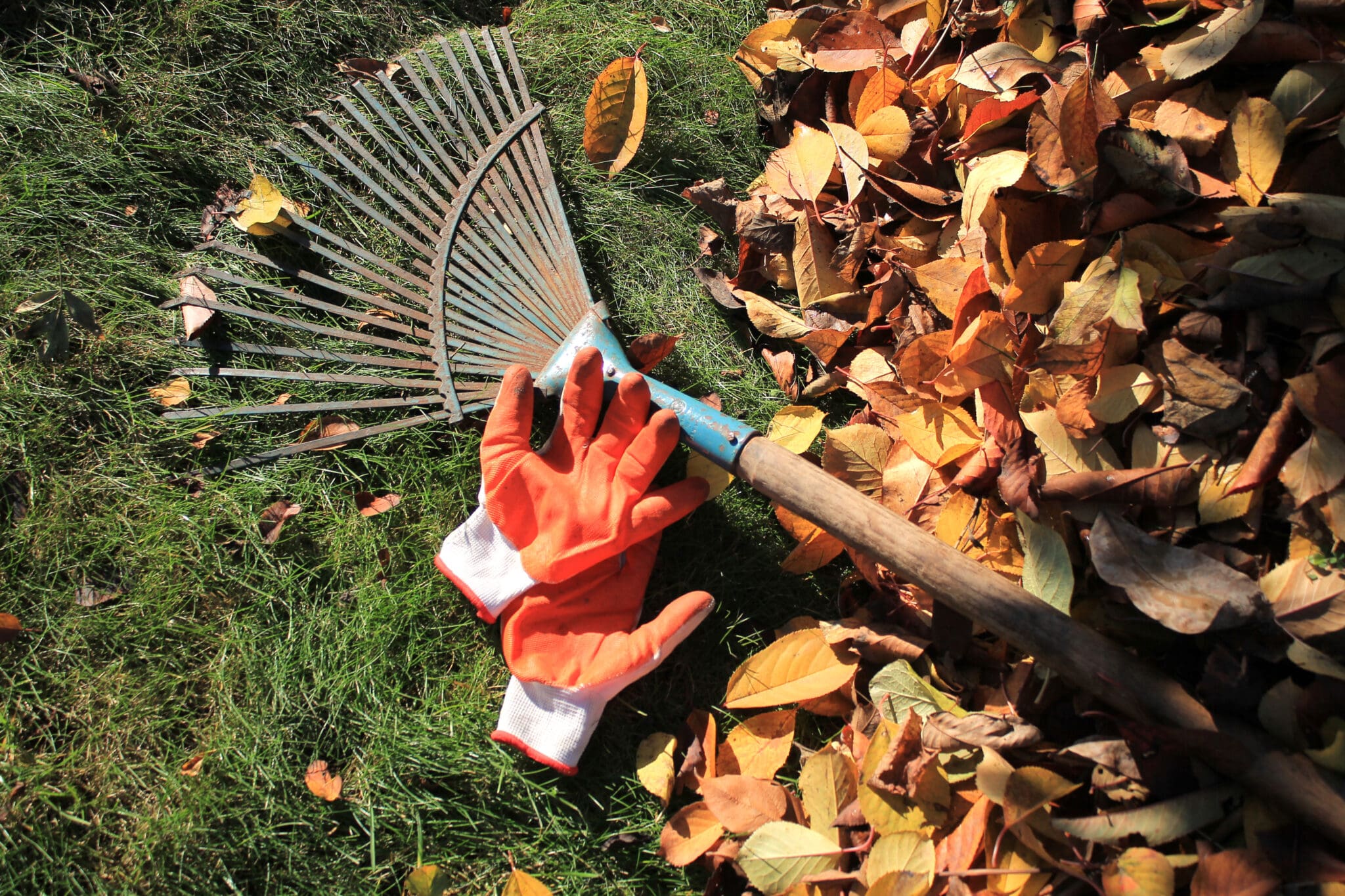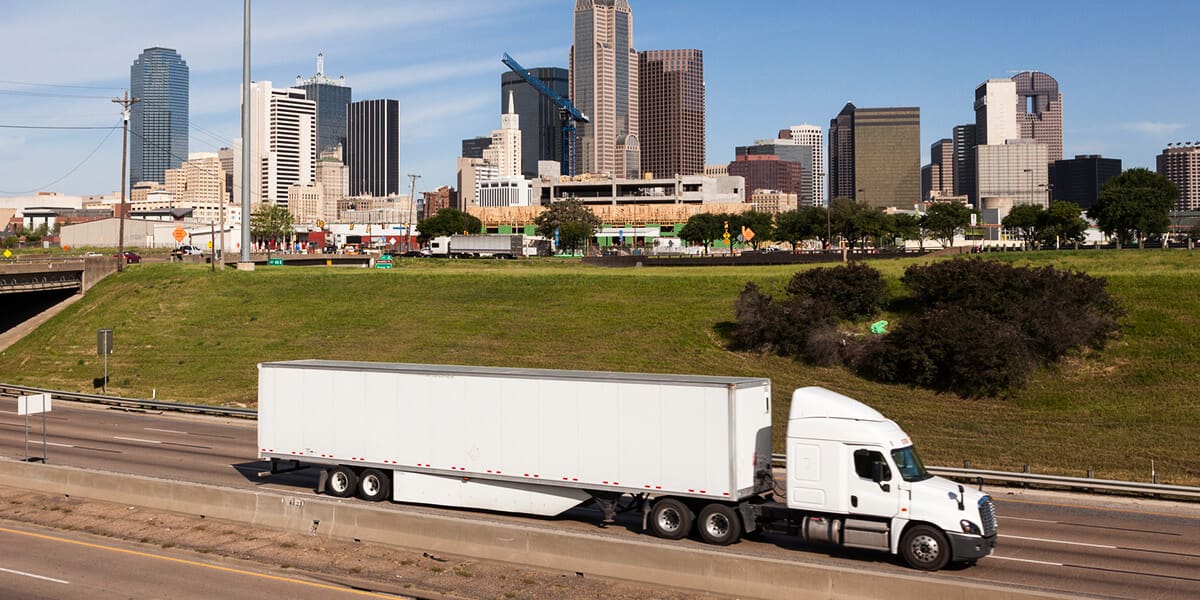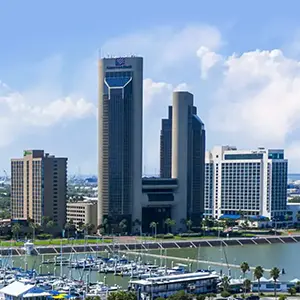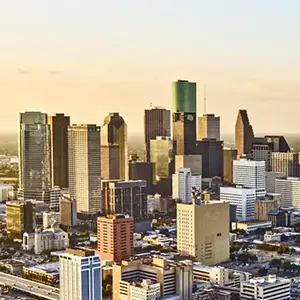Slip and Fall Injuries in Texas: Who’s Liable?
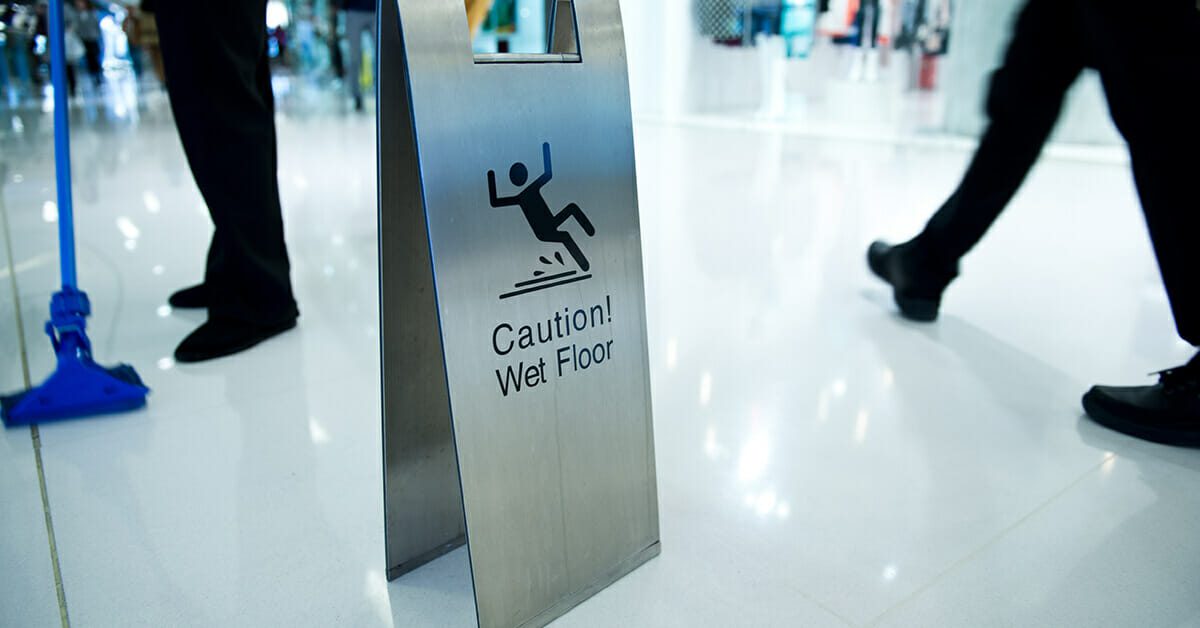
Slip and fall accidents are among the most common causes of personal injury in Texas, affecting thousands of people each year. Whether it’s a wet grocery store floor, uneven pavement, or poorly lit stairwell, these incidents can lead to serious injuries ranging from sprains and fractures to head trauma or long-term disabilities.
Understanding who is legally responsible or liable after a slip and fall is crucial. Texas law holds certain property owners or managers accountable, but the burden often falls on the injured party to prove negligence. Knowing your rights and responsibilities can be the difference between receiving compensation or being left to bear the costs alone.
By the end, you’ll have a clearer picture of how Texas law protects slip and fall victims and how to protect yourself if you’re ever in that situation.
What Constitutes a Slip and Fall Injury?
A slip and fall injury refers to any harm sustained when a person slips, trips, or falls due to a hazardous condition on someone else’s property. These accidents fall under premises liability law, which holds property owners and managers responsible for maintaining safe conditions. Slip and fall accidents are surprisingly common and can happen anywhere from grocery stores and restaurants to office buildings and apartment complexes.
There are several common causes of slip and fall accidents. Wet or slippery floors from spills, recent cleaning, or tracked-in rain are among the most frequent hazards. Uneven walking surfaces, such as cracked pavement, loose tiles, or torn carpeting, also pose significant risks. Poor lighting can make it difficult to spot these dangers, especially in stairwells or hallways. Cluttered walkways, missing handrails, and weather-related issues like ice or mud further increase the likelihood of a fall.
The injuries resulting from slip and fall accidents can range from mild to severe. Victims often suffer sprains, strains, and bruises, but more serious outcomes like broken bones, particularly in the wrists, hips, or ankles are also common. Head injuries, including concussions and traumatic brain injuries, pose significant health risks, as do spinal injuries and deep tissue damage. In elderly individuals, falls are a leading cause of hospitalization and long-term disability, making it especially important to understand how liability works in these cases.
Legal Framework for Slip and Fall Cases in Texas
In Texas, slip and fall cases fall under the broader category of premises liability law, which governs the responsibility property owners have for injuries that occur on their property. The core principle that property owners must maintain their premises in a reasonably safe condition to prevent harm to visitors.
Texas law recognizes different categories of visitors:
- Invitees – individuals invited onto the property for business purposes, such as customers in a store. Property owners owe invitees the highest duty of care, which includes regularly inspecting the property and addressing known hazards.
- Licensees – are social guests and are owed a lesser duty, primarily to warn them of any known dangers that are not obvious.
- Trespassers – those who enter without permission are owed the least duty, generally limited to refraining from willful harm.
Texas also has specific statutes and case law that shape slip and fall claims. For example, the Texas Premises Liability Act outlines the responsibilities of property owners and what conditions might lead to liability. Additionally, Texas courts often evaluate factors like whether the property owner knew or should have known about the dangerous condition and whether the injured party was partially responsible for the accident. Understanding this legal framework is essential for anyone pursuing or defending against a slip and fall claim in Texas.
Determining Liability: Who Can Be Held Responsible?
When it comes to slip and fall accidents, several parties may be held liable depending on the circumstances of the case.
Property owners, whether residential or commercial, are often the primary parties responsible for maintaining safe conditions on their premises. This includes fixing hazards or warning visitors about potential dangers. In many cases, property managers and maintenance companies hired to care for the property can also be held accountable if their negligence contributed to the unsafe conditions.
Business owners, such as those running stores, restaurants, or other commercial establishments, have a legal duty to ensure their customers and employees are safe from hazards like wet floors or cluttered walkways.
Liability can also extend to government entities if the accident occurs on public property like sidewalks, parks, or government buildings, although these claims often involve different rules and notice requirements. Finally it’s important to note that the injured party’s own negligence can affect liability. Under Texas law, if the injured person was partially responsible for the accident—such as by not paying attention to obvious hazards—their compensation may be reduced proportionally. Understanding who can be held responsible is crucial for pursuing a fair slip and fall claim.
Key Factors in Proving Liability
Successfully pursuing a slip and fall claim in Texas hinges on proving that the property owner or responsible party was negligent. One of the most important factors is showing that the owner knew or should have known about the hazardous condition that caused the fall.
This can be established by demonstrating the hazard existed long enough that a reasonable person would have discovered and addressed it. Additionally, it must be shown that the property owner failed to fix the dangerous condition or provide adequate warning to visitors. For example, failing to clean up a spill or not placing warning signs around a construction area can be considered negligence.
Gathering strong evidence is critical to proving liability. Useful evidence may include photographs or videos of the hazard, witness statements from people who saw the accident or the conditions that caused it, and maintenance or inspection records that show whether the property was being properly managed.
Without this kind of documentation, it can be much more difficult to hold a party legally responsible. By focusing on these key factors, injured individuals can build a stronger case and improve their chances of securing fair compensation.
Steps to Take After a Slip and Fall Accident
If you’ve been involved in a slip and fall accident, taking the right steps immediately afterward can significantly strengthen your case and protect your legal rights. The first and most important action is to seek medical attention, even if your injuries seem minor at first. Some conditions, like head injuries or internal bruising, may not show symptoms right away. Prompt medical treatment also creates a record of your injuries, which can be essential in proving your claim.
Next, document the scene and your injuries as thoroughly as possible. Take photographs or videos of the hazardous condition that caused your fall, such as a wet floor, uneven surface, or poor lighting. Be sure to capture any visible injuries as well. If there are any witnesses, ask for their names and contact information, as their statements could support your version of events.
It’s also important to report the accident to the property owner or manager right away. Whether it’s a store, apartment complex, or public location, ask that an incident report be filed and request a copy for your records.
Finally, consult with an experienced premises liability attorney. An attorney can help you understand your rights, determine whether you have a strong case, and guide you through the legal process. Early legal advice can make a big difference in the outcome of your claim.
When to Consult a Lawyer
Slip and fall accidents can lead to serious injuries, costly medical bills, and long-term suffering. While some minor cases may be resolved without legal assistance, there are many situations where consulting a personal injury lawyer is crucial. Understanding when to seek professional help can make a significant difference in the outcome of your claim.
You should consider consulting a lawyer if:
- You sustained serious injuries such as broken bones, head trauma, or long-term disability.
- The property owner or insurance company denies responsibility.
- There is a dispute about the cause of the fall, such as claims that you were at fault.
- You are unable to return to work or have lost wages due to your injury.
- You’re facing pressure to accept a quick settlement from an insurer that seems too low.
- The incident occurred on commercial or government property, which may involve complex liability rules.
Injured in a Slip and Fall? Contact Thomas J. Henry Now
Don’t navigate your recovery alone. Our experienced personal injury attorneys are here to help you understand your rights, build a strong case, and pursue the full compensation you’re entitled to. Schedule a free case review now and let us help you take the first step towards justice.
Blog

